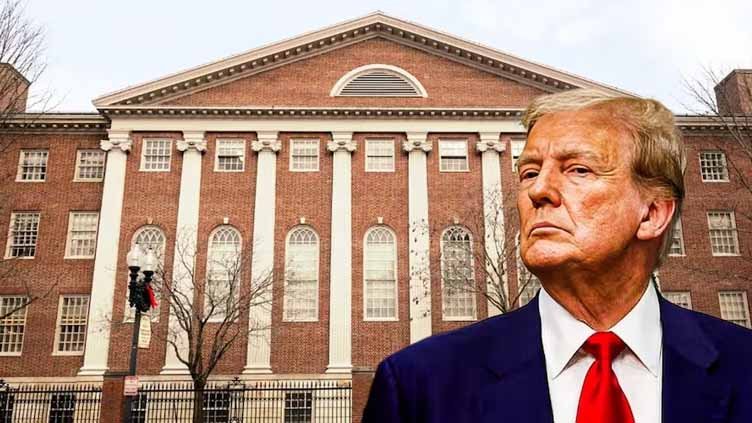Announcing a $60bn US Chip Investment Texas Instruments (TI) has made one of the biggest pledges to domestic chip manufacture in American history in a historic move for the semiconductor sector. This expenditure fits the mounting political pressure from President Donald Trump, who has pushed big technology corporations to return more of their manufacturing activities back to the United States.
$60bn US Chip Investment to Expand Facilities in Texas and Utah
Texas Instruments intends to build or grow seven semiconductor manufacturing facilities spread over three main sites in Texas and Utah as part of the $60 billion US chip investment. With the project expected to generate almost 60,000 new jobs, the Dallas-based tech behemoth sees a major boost to the local economies and helps to meet America’s rising demand for semiconductor independence.
Although the company has not published a comprehensive schedule for the building, the scope of the project reflects the administration’s forceful drive for increasing domestic chip production in face of growing world tensions and supply chain interruptions.
President Trump has regularly given domestic semiconductor manufacture top national attention. Speaking on the investment, US Secretary of Commerce Howard Lutnick remarked, “Our partnership with Texas Instruments will support US chip manufacturing for decades to come.” The Texas Instruments Announces ‘Historic’ $60bn US Chip Investment purchase is seen as a direct response to Washington’s rising worries about reliance on foreign supply chains, particularly in view of competition with China.
TI’s massive pledge follows similar announcements from other industry giants. Just last week, Micron raised its planned US investments to $200 billion. Industry experts believe such announcements serve to both meet the administration’s demands and secure government incentives.
Like several other tech firms, Texas Instruments’ $60bn US chip investment includes both new spending and previously planned expansions. The company recently secured $1.6 billion in subsidies under the Biden administration’s CHIPS and Science Act for its earlier $18 billion investment plan to build three new facilities.
However, President Trump has hinted at potentially canceling the $52.7 billion CHIPS Act if firms fail to follow through with meaningful domestic investment, further intensifying pressure on semiconductor companies.
TI’s Foundational Chips Face Growing Global Competition
Unlike chipmakers driven by artificial intelligence, like Nvidia, Texas Instruments specialises in basic semiconductors extensively used in consumer electronics, cars, and industrial equipment. Among its worldwide customers are big companies including Apple, Ford, and SpaceX.
Though worldwide, TI is under increasing competition from newly developed Chinese companies focused on low-end semiconductor manufacturing. The $60bn US Chip Investment is expected to enable TI maintain its position in the worldwide market and offset growing foreign competitiveness.











